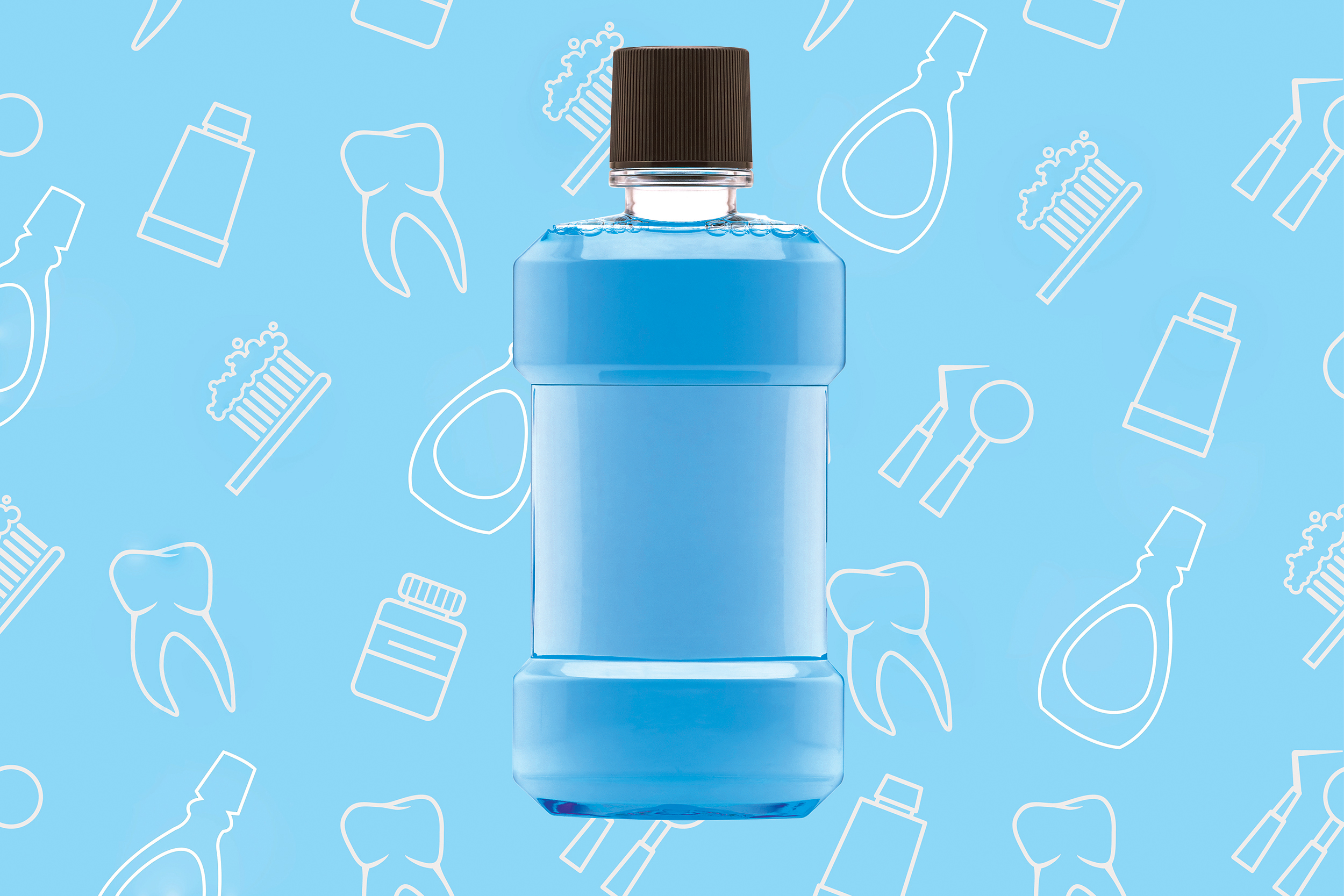

Trauma: The most common causes of mouth ulcers are due to trauma. Tobacco and alcohol can cause excess cell growth in the mucosal lining of the mouth due to chronic irritation and dehydration and result in painful sores in the roof of the mouth. They can cause significant irritation of the mouth and even cause some types of cancer. Irritants: Tobacco and alcohol are serious irritants to the body. You may experience irritation or an allergic reaction that affects the roof of the mouth more severely. It’s cause is unknown.įood and liquids often contact the mouth first. 
Burning mouth syndrome (BMS) is a chronic pain syndrome that causes burning pain in your mouth.
Swish dental skin#
Mucosal melanoma is an uncommon cancer that causes gum pain, gum swelling, brown, blue, or black skin discoloration inside the mouth.It's also known as "trench mouth", as it was discovered in a large number of soldiers in WWI that were stuck in trenches. Acute necrotizing ulcerative gingivitis (ANUG) is a relatively rare infection of the gums.Autoimmune: Systemic autoimmune conditions that affect multiple body parts, such as inflammatory bowel disease and lupus, often present with symptoms that affect the mouth.Gingivitis: Gum inflammation, or gingivitis, can be from poor dental hygiene and a buildup of bacteria.

Many drugs used for conditions such as infections, epilepsy, and even mood disorders can trigger painful skin and mucosal reactions.
Allergy: Drug reactions can be a life-threatening cause of pain in the roof of the mouth that require immediate attention. Painful spots due to fungi can range from red and patchy to creamy and white. There are also fungi that commonly infect warm, damp areas of the body such as the mouth. Infectious: Bacterial infections can present with painful sores that appear in the mouth, especially of the soft or hard palate. The mouth helps defend against different pathogens and toxic substances, and as a result, it is susceptible to inflammation from a variety of pathogens and different causes. The following details may help you better understand your symptoms and if and when you need to see a physician. Inflammation can occur from systemic diseases or environmental triggers that irritate the mucosal lining of the mouth. Pain in the roof of the mouth is most often inflammatory in nature. What causes the roof of the mouth to be sore and swollen? If your pain persists or gets worse despite these home remedies, or if you experience other symptoms such as swelling, bleeding, or difficulty eating or drinking, it is important to seek medical attention from a healthcare provider. Practice good oral hygiene: Brush your teeth gently and use a soft-bristled toothbrush to avoid further irritating the roof of the mouth. Follow the instructions on the label and talk to a healthcare provider if you have any concerns. Use over-the-counter pain relievers: Over-the-counter pain relievers such as acetaminophen or ibuprofen can help relieve pain and reduce inflammation. Stick to soft, cool foods like yogurt, smoothies, and mashed potatoes until the pain subsides. Avoid hot or spicy foods: Eating hot or spicy foods can irritate the roof of the mouth and make the pain worse. This can help numb the area and reduce swelling.  Apply a cold compress: Hold a cold, damp washcloth or an ice pack wrapped in a towel against the roof of your mouth for 10-15 minutes at a time. This can help reduce inflammation and relieve pain. Rinse with warm saltwater: Mix 1/2 teaspoon of salt with 8 ounces of warm water and swish it around in your mouth for about 30 seconds before spitting it out. There are several things you can do at home to help relieve the pain in the roof of your mouth:
Apply a cold compress: Hold a cold, damp washcloth or an ice pack wrapped in a towel against the roof of your mouth for 10-15 minutes at a time. This can help reduce inflammation and relieve pain. Rinse with warm saltwater: Mix 1/2 teaspoon of salt with 8 ounces of warm water and swish it around in your mouth for about 30 seconds before spitting it out. There are several things you can do at home to help relieve the pain in the roof of your mouth:








 0 kommentar(er)
0 kommentar(er)
